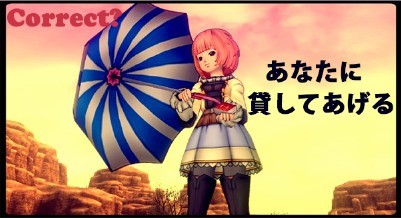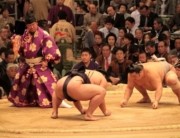Last Updated on June 1, 2014 by admin
Behavior and Manners in Japan
When you started to learn language, you probably have heard Japanese society is more formal and conservative than other coutries, how the Japanese people show their respect to each other? Not only the body language the Japanese people use during the conversation, but also the langauge speak.
For example, it was a rainy day, Kate, as a foreign student, in handing her umbrella to Professor Yamada who was getting wet in the rain, said,”Anata ni kashite ageru“-あなたにかしてあげる。
Well, this is not grammatical mistakes. The Professor Yamada appreciated Kate’s kindness, but he was somewhat disappointed by the way it was offered.
Using anata to a person in a superior position than oneself is usually considered impolite, as is saying kashite ageru. The expression -te ageru, if used when speaking to a person who is the same rank as you or higher, may cause the other person to feel as if your kindness or goodwill is being pressed upon them.
If Kate had said, “Sensei, kono kasa o okashi shimasu”(先生、この傘をお貸しします) she would have scored 50 points. If she has said,”Sensei, doozo otsukai kudasai”(先生、どうぞお使いください) Professor Yamada would have replied, “Thank you, Kate” and would have been that much more grateful.







Stay in Touch
RSS
Facebook
Twitter
Google +1